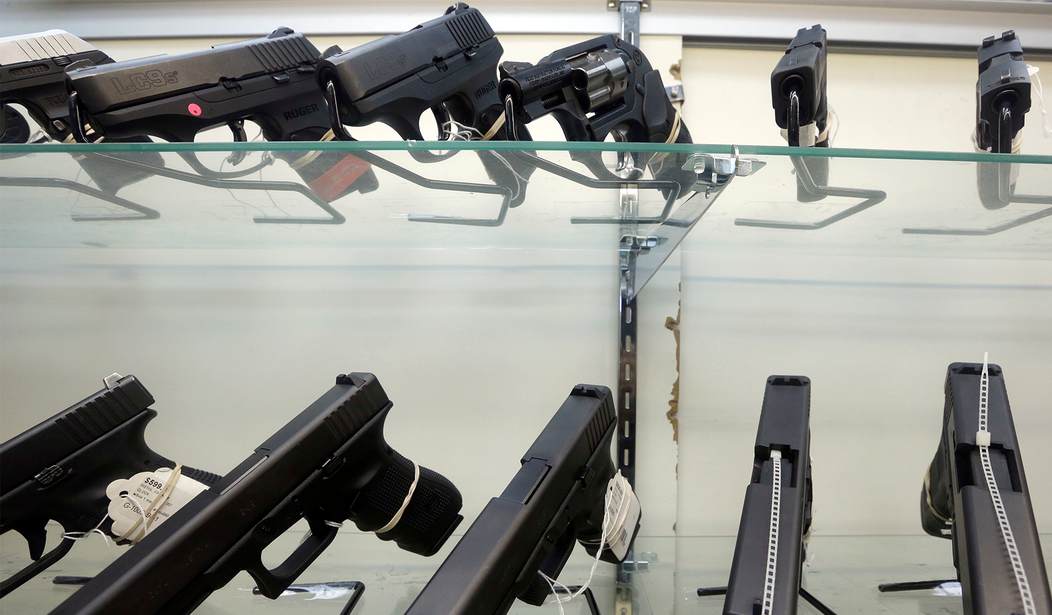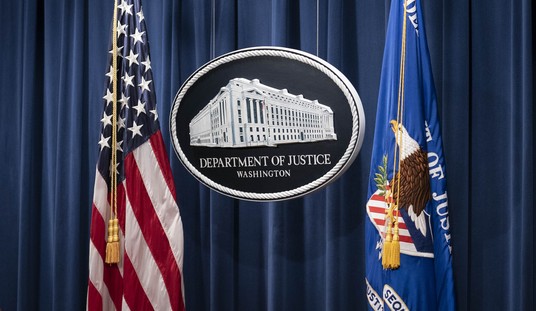I’m going to start this off by saying I have no issue with mental health efforts being expanded and taking mental illness seriously by the Second Amendment community and pro-gun lawmakers.
I want to preface it that way so that when we get into the meat of the topic, no one gets the wrong idea, and I’m quite sure someone will.
You see, when I first came across a particular op-ed written by a former Libertarian Party candidate from Nevada, I was ready to rip it to shreds. The headline, “With arguments like these, do gun control opponents need enemies?” seemed destined to be another anti-gun screed from someone who claimed to be libertarian but who, in fact, just preferred their own flavor of authoritarianism.
But then I got into the meat of the matter.
Putting my cards on the table, I’m one of those who’s historically viewed shootings as isolated tragedy, not a public policy failure. During my campaign as the Libertarian Party’s candidate for state Senate District 15, for example, I was the only candidate in my race opposed to Question 1, a ballot initiative that sought to expand background checks on private firearms sales.
Even now, I’m rather skeptical about the wisdom of granting the sort of police chiefs who become January 6 co-conspirators the legal authority to disarm anyone.
Having acknowledged where my ideological priors in relation to gun control lie, I’m still alarmed by some of the arguments I’ve seen in opposition to gun control during the past few years. When I see people argue that we need more guns in Nevada’s colleges and universities, or when I see people argue that the real problem isn’t guns, it’s mental health, my mind immediately thinks of the disaster of Lysenkoism.
…
First, let’s consider the idea that America, as Texas’ Gov. Greg Abbott claimed after the Uvalde shooting in his home state, has a mental health problem, not a gun problem.
If we assume for the sake of argument that this is true, where does this diagnosis leave us? Should the government be empowered to seize every gun owned by someone it deems mentally ill? Does the government or any other institution even possess the ability to reliably and recurrently assess the mental health of every single current or prospective gun owner in the United States?
Would opponents of gun control really prefer government-mandated mental health screenings over, say, registering firearms and requiring owners to be licensed and insured?
…
Claiming that gun violence can’t be reduced until we, as a society, somehow solve mental health is a claim that gun violence can’t be reduced until the government can see inside the minds of every single gun owner. At the very least, that is arguably a less ideologically convenient line of inquiry for conservative-leaning opponents of gun control than the argument that some people shouldn’t have guns and the government should have the power to decide who those people might be.
Now, the author does somehow go off the libertarian rails further on in the piece, trying to argue that the only good guys with guns that can stop a mass shooting are police–apparently, the state is the only one who can save the day despite evidence to the contrary–but frankly, we’ve beaten that dead horse plenty.
Here, in this part, he touches on a real problem with pushing the idea that this is, in fact, a mental health issue.
Look, I’m not saying the kind of person who does this isn’t crazy. They most definitely are. I don’t see any way that a sane person decides to gun down any number of people just for kicks.
But, at least as we understand things now, we have no way of identifying who is a risk and who isn’t. We do know that there is no link between serious mental health diagnoses and mass shooters in general, though there may be reasons for that.
Further, by claiming it’s a mental health issue versus a gun issue, lawmakers are playing into the hands of anti-gunners. “How can you acknowledge that some people shouldn’t have guns and oppose red flag laws?” they ask.
So why are they doing it?
Because playing defense sucks. Being seen and being vilified as doing nothing to address what most people think is a huge problem sucks.
It’s not difficult to look at mental health and decide that that is where you want to focus your attention, and mental health is important. We can do more regarding mental health and it would benefit the gun community as a whole.
But it can also open the doors to more government control, more government action that infringes on our right to keep and bear arms. That’s something we should all be very concerned about, to say the least.








